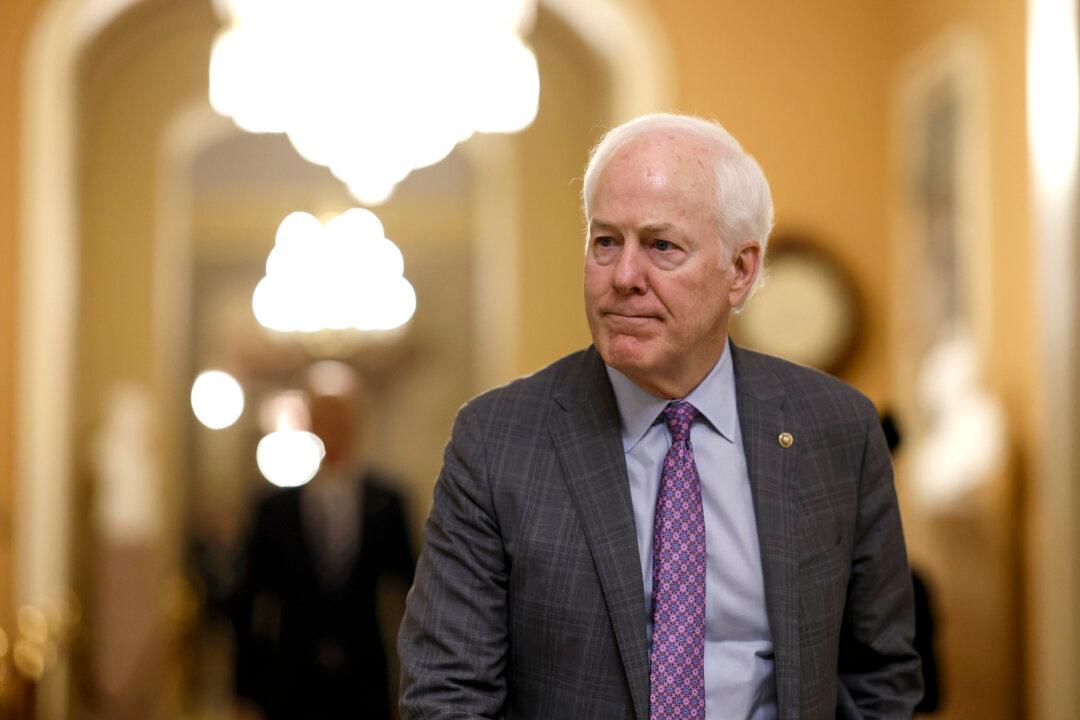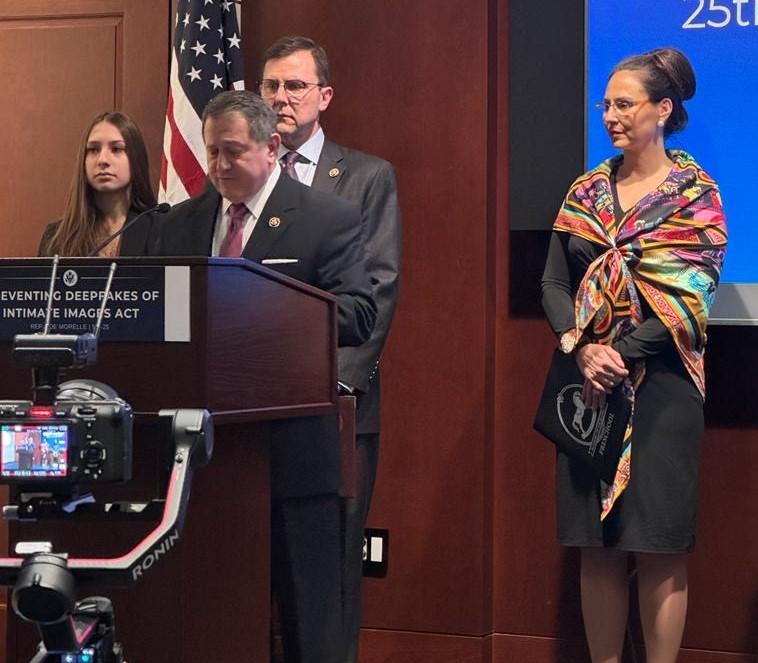Sen. Alex Padilla (D-Calif.) and Sen. John Cornyn (R-Texas) agree on a considerable portion of the official U.S. policy on refugees and resettlement, including that the procedure is rigorous and includes strong oversight of the applications of those seeking to be approved to stay in the country as refugees.
But the senators disagreed on changes to U.S. refugee policy in their introductory remarks at a Subcommittee on Immigration, Citizenship, and Border Safety hearing on March 22.





